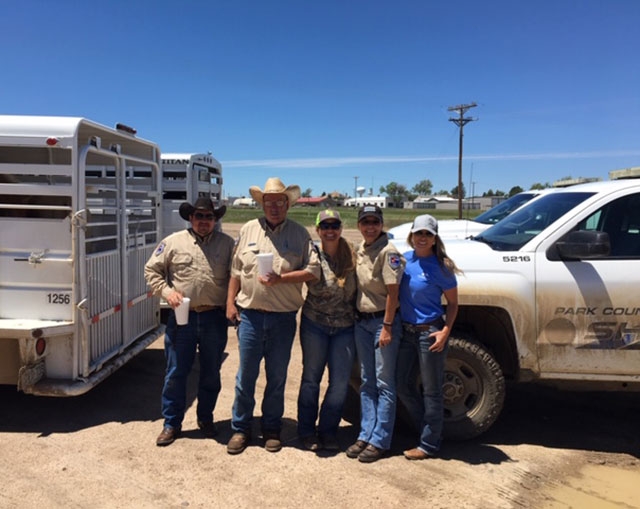Educating the community on proper animal care

Education is an important part of the work done by Colorado Humane Society (CHS) animal welfare agents. Providing resources and empowering individuals to treat their animals with kindness and compassion takes time and patience but is often rewarded with happy outcomes for both pet and person alike.
Each case is different, and when our officers receive a report of neglect or abuse, the animal’s welfare and safety is always the top priority. It can be hard to understand sometimes why animals are left in what may appear to be inadequate care but rest assured, if the animal is in danger, more serious action will be taken – up to removing the pet from the home and issuing animal cruelty charges.
The basics of animal care
By law, animals are required to be provided with, drinkable water, food, and proper shelter.
Upon receiving a complaint our animal welfare agents will first check the general health of the animal and then ensure that they have easy access to the above basics of care. Take, for example, a case CHS assisted with regarding the care of 25 horses.
In Lake County, Colo., CHS responded to a case where horses were living in less than ideal conditions, with unsafe fencing around the pasture, garbage and debris present and without easy access to food or clean drinking water. Over the course of five days, investigators carefully examined each horse and pointed out their concerns with the owners. The owners took responsibility, secured the pasture, cleaned the debris and garbage and provided the equines with consistent, clean drinking water and food. Arrangements were made for medical care and farrier work needed for the animals—all at the owners’ expense. Upon reinspection, the horses were doing great and the conditions had vastly improved.
Often CHS will help provide individuals with supplies – food, proper shelter, veterinary referrals, etc. But, it is ultimately the owner’s responsibility to ensure the animals are receiving appropriate care. Cases are handled differently and will only be closed after the animal is safe and has received the care required by law – this can take anywhere from just a couple of visits up to several animal welfare checks over many months. These follow-ups help determine if the pet’s needs have been met or if additional action needs to be taken.
What to do if you suspect animal abuse or neglect
As mentioned, each case is different. But starting with compassion and education, our hope is to teach owners and their future generations to treat their animals with respect, kindness and proper care. If you are concerned that an animal is suffering from neglect or abuse, please report it immediately by visiting coloradohumane.org or by calling 800.249.5121.
